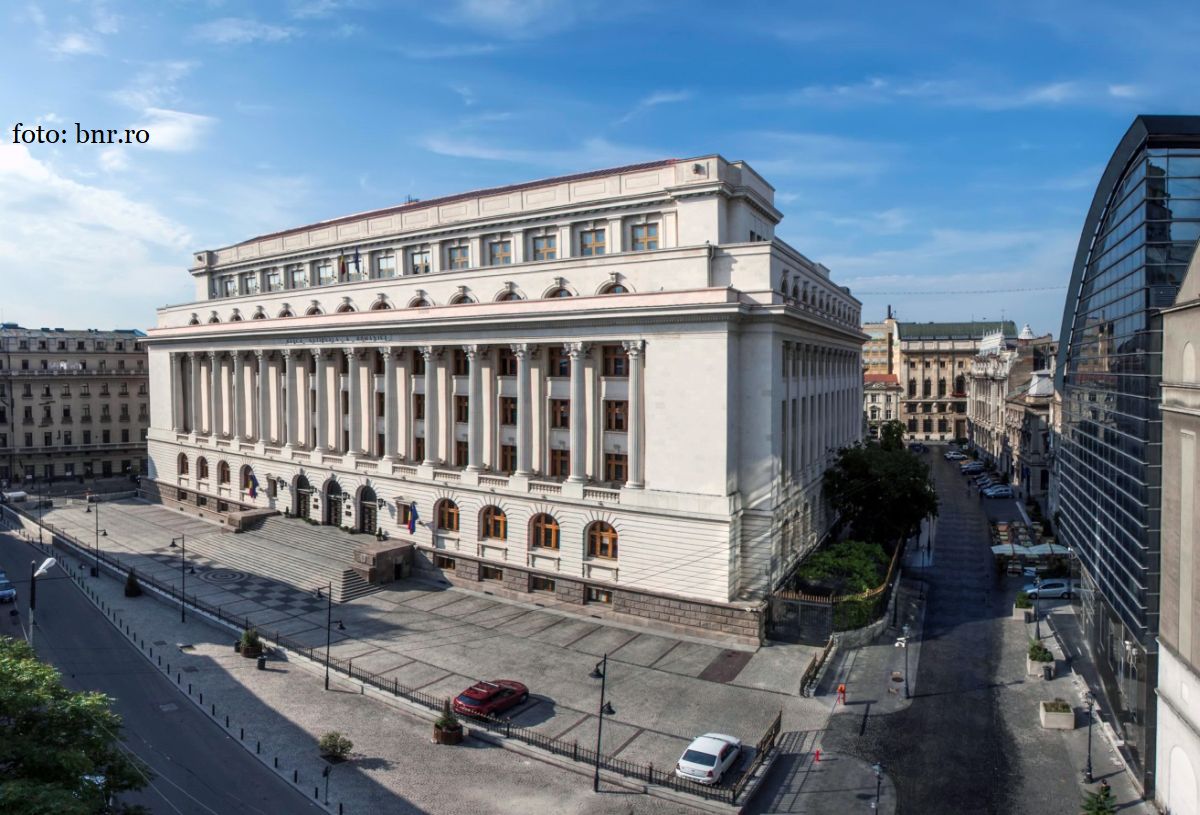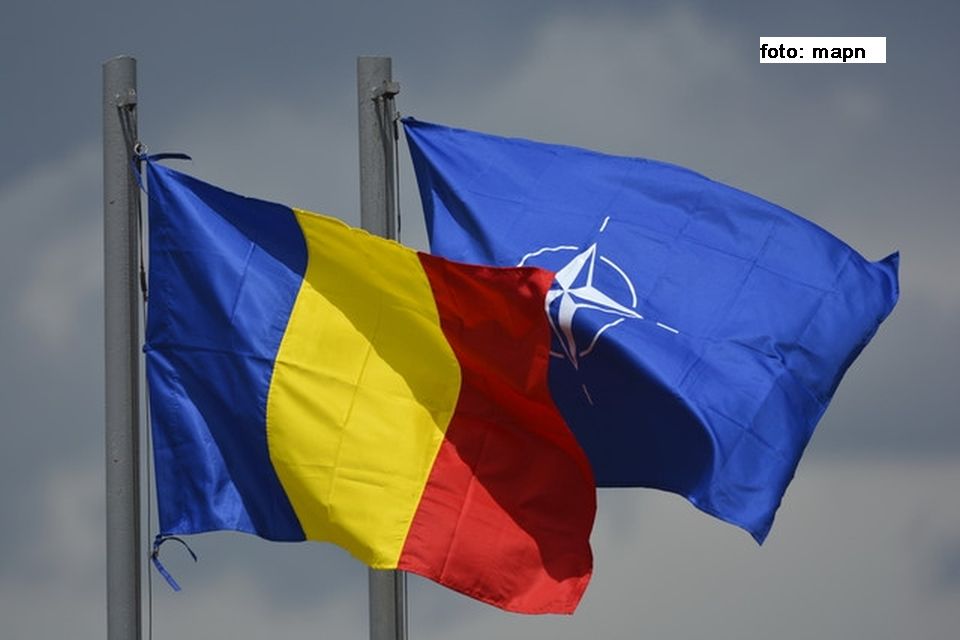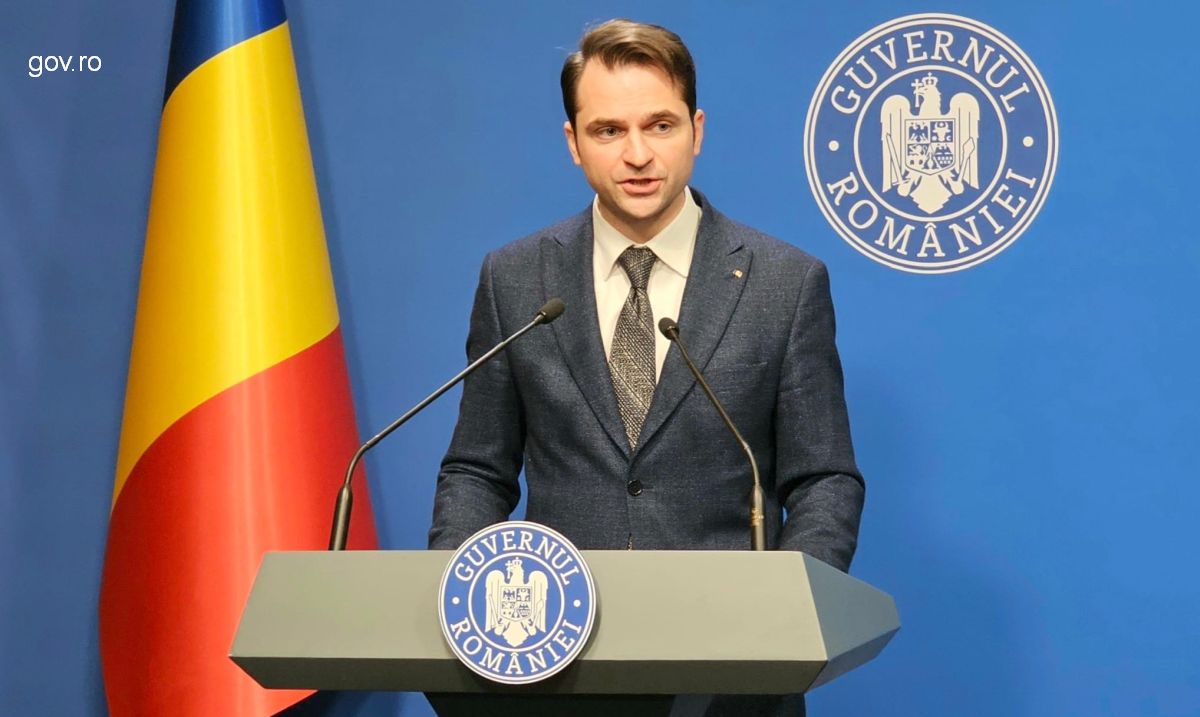EU and Illegal Migration
Illegal migration has become a problem for Europe

Roxana Vasile, 04.08.2015, 13:00
He plans to get to Liverpool or
Manchester, find a job as electrician and then bring his family along. This is
the story of a Sudanese from the Darfur region, a story similar to that of
other thousands of illegal migrants trying to reach Britain from France through
the Channel Tunnel.
Known as the new jungle, the
migrant camp in Calais, northern France, is packed with people, most of whom
came from Northern Africa via the Mediterranean, taking huge risks to get into
the UK, in search of a better life. Paris and London have announced they are
determined to collaborate to stop the migration wave, which is now their top
priority.
In their opinion, in spite of the fact that borders are secure, what they are dealing with are criminal gangs,
people smugglers who are making money by bringing thousands of refugees into
Europe. Nevertheless, they are not the concern of France and Britain alone, as
some of the migrants who reached Calais entered Italy and Greece.
That is why Brussels believes the issue must be
tackled at European level. All EU countries must fight smuggler networks that
endanger the lives of North African migrants and must show solidarity by making efforts
to relocate them. In another development, EU countries, Romania included,
agreed, at the end of July, to take over temporarily little over 32 thousand
migrants from outside Europe. The head of the Centre for Conflict Prevention
and Early Warning, Iulian Chifu, says there is more to this problem than
economic migration.
Iulian Chifu: Another aspect is related to the Islamic
State and the threat it poses to Europe. We don’t rule out this possibility.
When there is economic migration there is also the possibility that among these
migrants are members of the Islamic State. However, in my opinion, this
argument is feeble and has nothing to do with the essence. It’s just an extra
argument in favor of radical immigration policy.
There is also a third phenomenon that is the transit of
western Jihadists via Iraq and back, towards their countries of residence. This
is probably the most sensitive problem, which the EU has already discussed more
than once. This really is a reason for concern, because a huge security effort
is needed to closely monitor this migration and the way in which these western
Jihadists, who were trained by ISIS, return to their countries of residence. So
certain Jihadists can cross Romania on their way to or from Syria and Iraq.
Romania is part of the coalition
against the Islamic State but does not seem to be one of its direct targets,
Romanian Foreign Minister Bogdan Aurescu has said recently. Nevertheless, no
one can afford underestimating the potential of the terrorist phenomenon, so
Bucharest must take all protection measures.






























